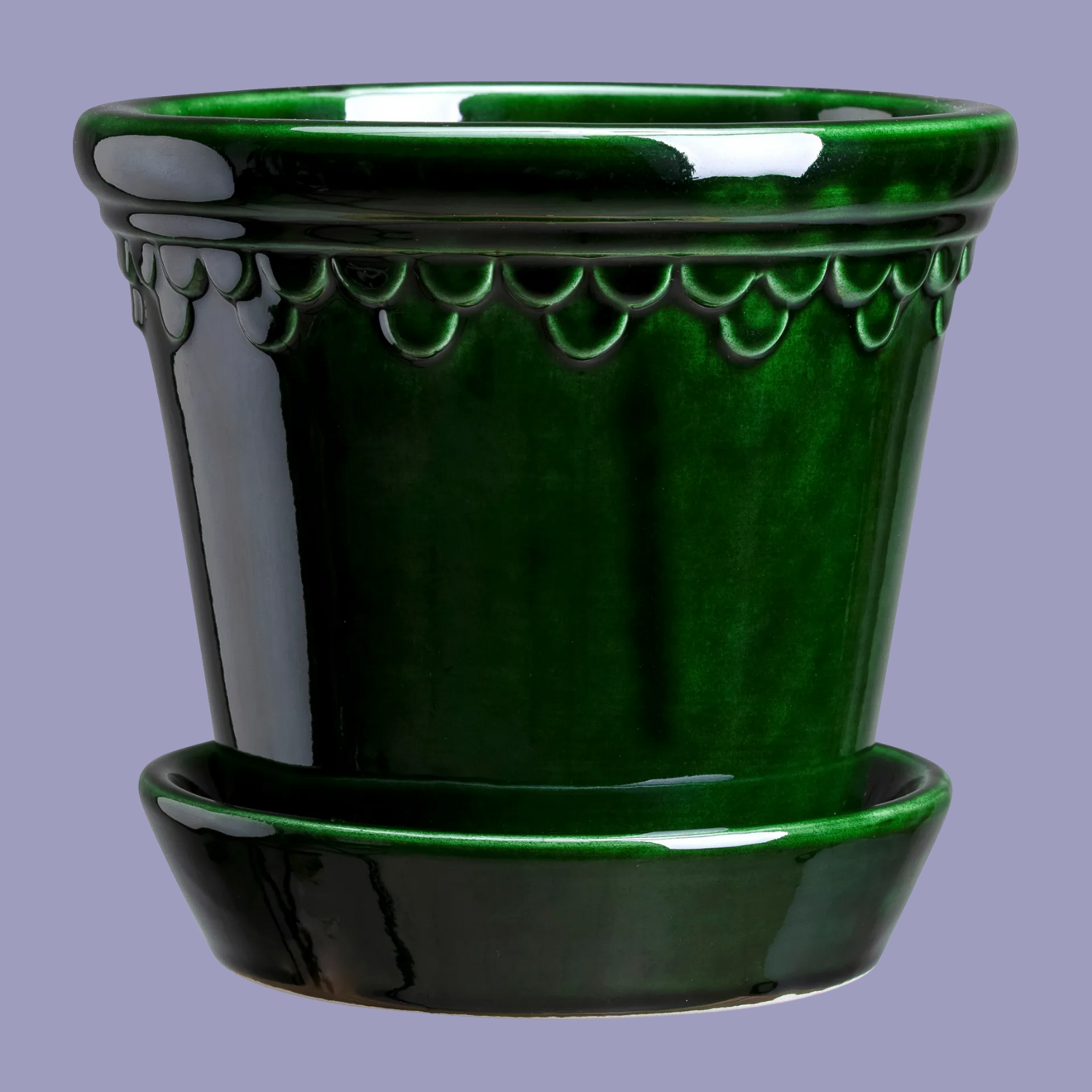Stay Away From These Plants! According to Experts, These 5 Indoor Varieties Are Known to Be 'Bad Luck'
You don't need unlucky houseplants bringing the vibe down, so here's what to avoid and some auspicious alternatives to grow instead

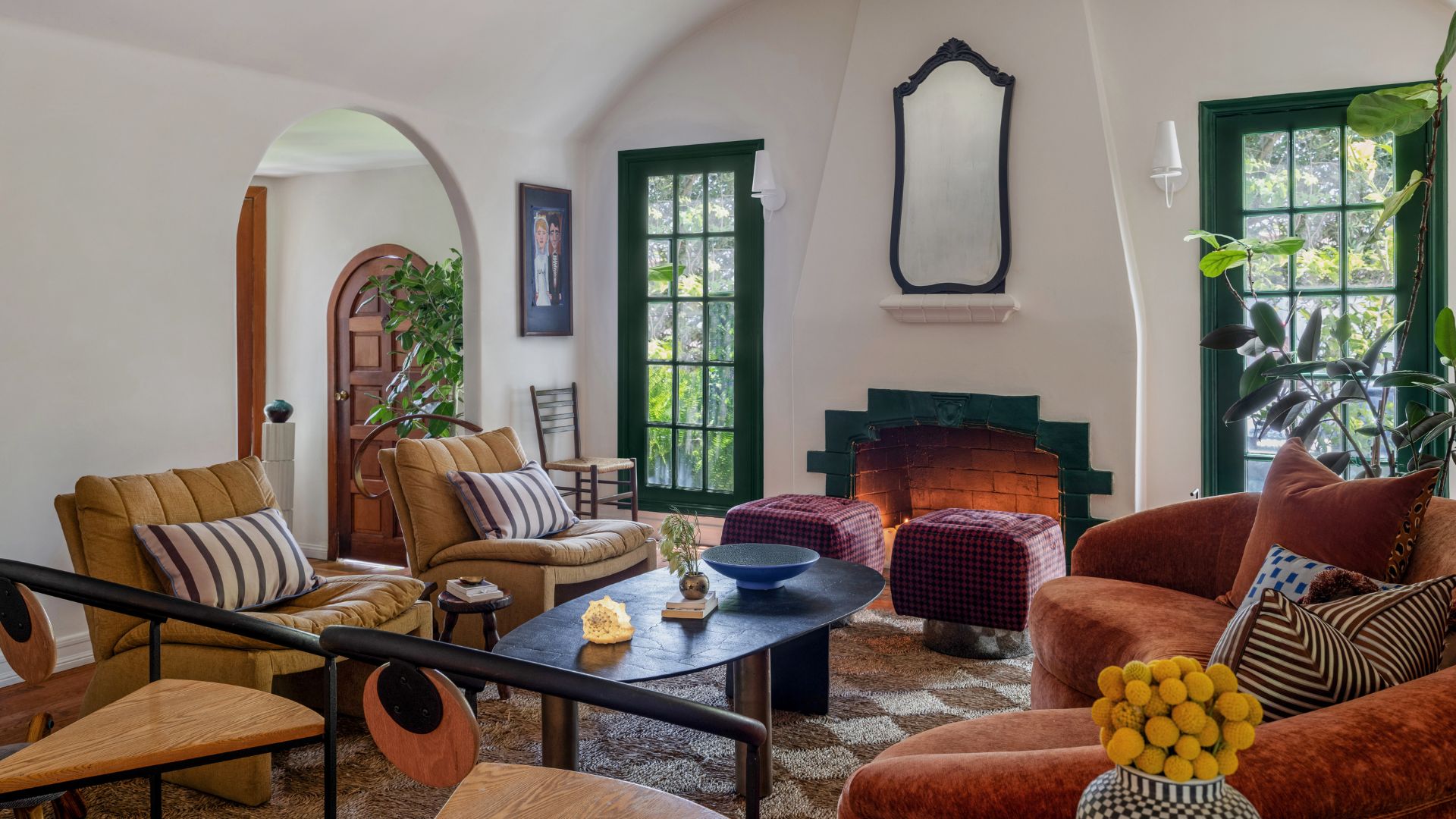
The start of September marked the beginning of the 'Great Lock In', and I'm making sure that every part of my home is dressed for success. And having just found out that unlucky houseplants could be disrupting the ambiance of my home, I won't be having it.
Since there are lucky houseplants that promote prosperity, it only makes sense to swap out the unlucky varieties for a lush indoor garden that grants good energy through to the end of the year.
Without wasting a second more, here are the bad luck houseplants you should reconsider and some beautiful alternatives to decorate with instead.
1. Bonsai Trees
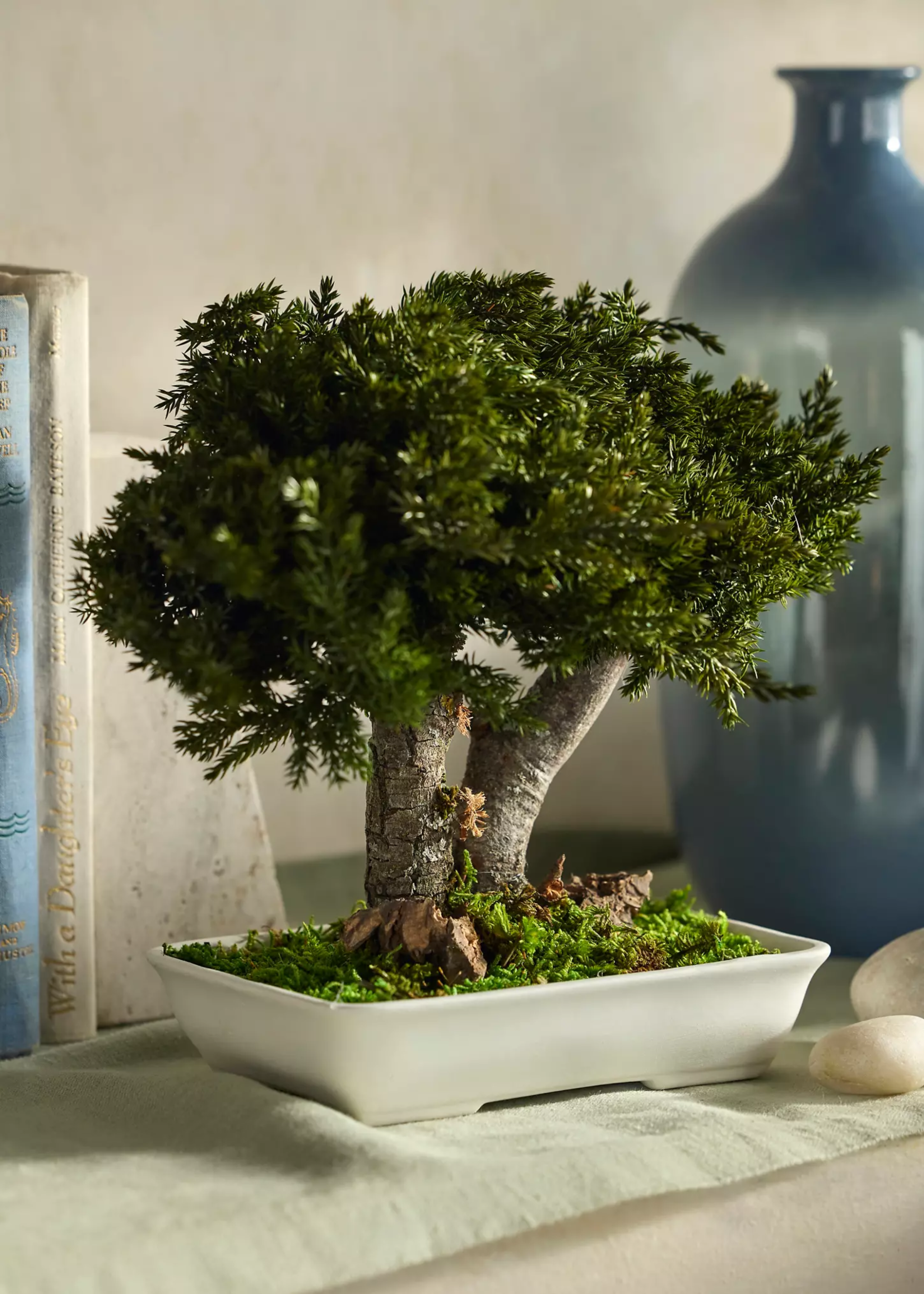
Starting off on what might be quite a surprise, Feng Shui master Marie Diamond tells me that while bonsai trees are admired as art, symbolically, they represent restriction.
"Their branches and roots are deliberately stunted, which translates to limited growth. While elegant to look at, bonsai may subtly suggest that your career, finances, or personal expansion is being kept small," she says.
"Instead, a better choice is the money tree (pachira aquatica). With its braided trunk and abundant leaves, it represents prosperity, stability, and expansion — exactly the kind of growth energy you want flourishing in your home."
So if you want an indoor tree that supports good energy, this Pachira Money Tree from Plant In A Box on H&M is the one to adopt.
The Livingetc newsletters are your inside source for what’s shaping interiors now - and what’s next. Discover trend forecasts, smart style ideas, and curated shopping inspiration that brings design to life. Subscribe today and stay ahead of the curve.

Marie Diamond is a world-renowned transformational leader, speaker, and global best-selling author. She is a Feng Shui master and star of the global phenomenon “The Secret”.
2. Thorny Roses
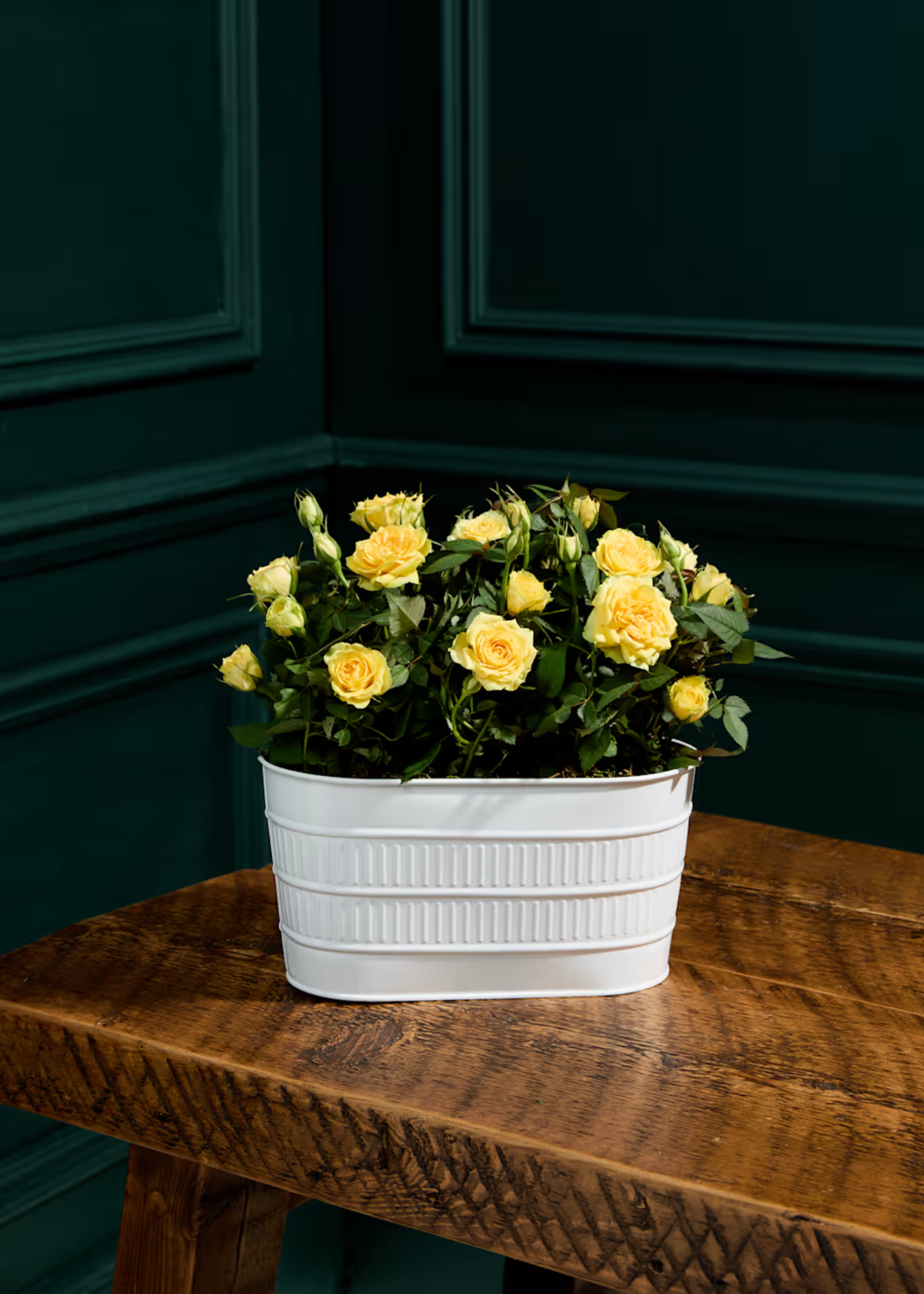
Next on our list of unlucky plants are roses. Marie explains that roses are beloved worldwide, but their thorns tell another story. And when it comes to Feng Shui, it could be the culprit behind poison arrows.
"Indoors, those sharp points bring negative energy, and here it often shows up in relationships. Roses in the living room or bedroom may invite tension, misunderstandings, or distance between partners," she says.
"A luckier choice for indoor flowering plants is orchids. Orchids radiate harmony, grace, and balance. Plus, they carry the beauty of flowers without the conflict of thorns."
This Purple Miniature Phalaenopsis Cascade Orchid in a Ceramic Pot from M&S is a stunning alternative to prickly indoor roses.
3. Downward Trailing Plants
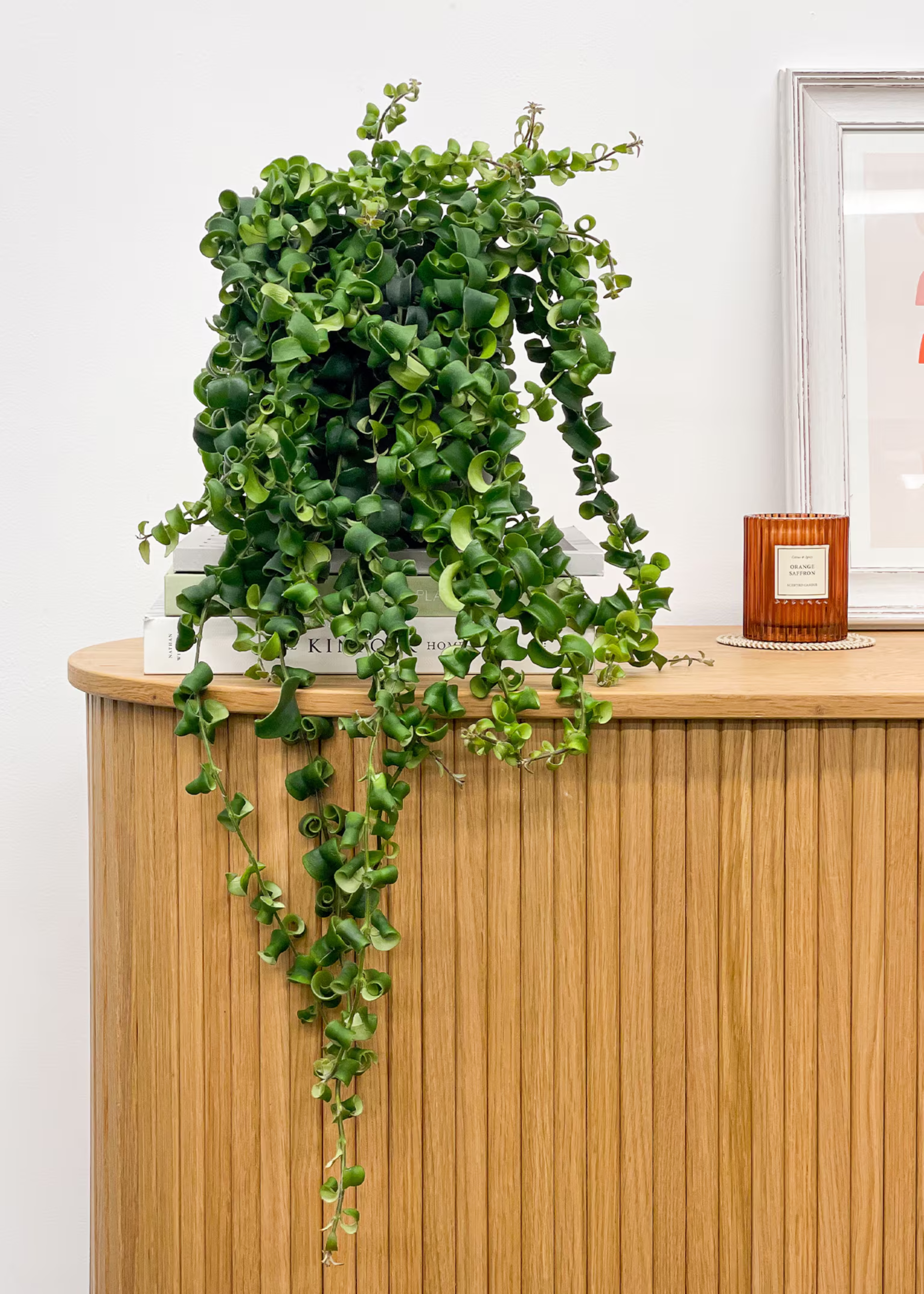
Hanging plants with charming trailing leaves might add a level of dimension to your indoor garden, but Marie finds that ivy or other downward-growing plants also tend to pull energy down.
"In Feng Shui, that downward flow can represent decline, sadness, or loss of vitality. Placing them above your head, on a high shelf or in a hanging basket, can even create pressure that drains your energy," she warns.
"I recommend growing upright plants such as the areca palm or rubber plant. Their growth pattern naturally lifts chi upward, supporting optimism, health, and forward momentum in life."
If you're looking for easy indoor palm trees to grow, this Areca Palm by Plant In A Box is a rewarding choice. But if you're looking for cold-tolerant indoor plants, look no further than this Rubber Plant by Beards & Daisies.
4. Poisonous or Irritating Plants
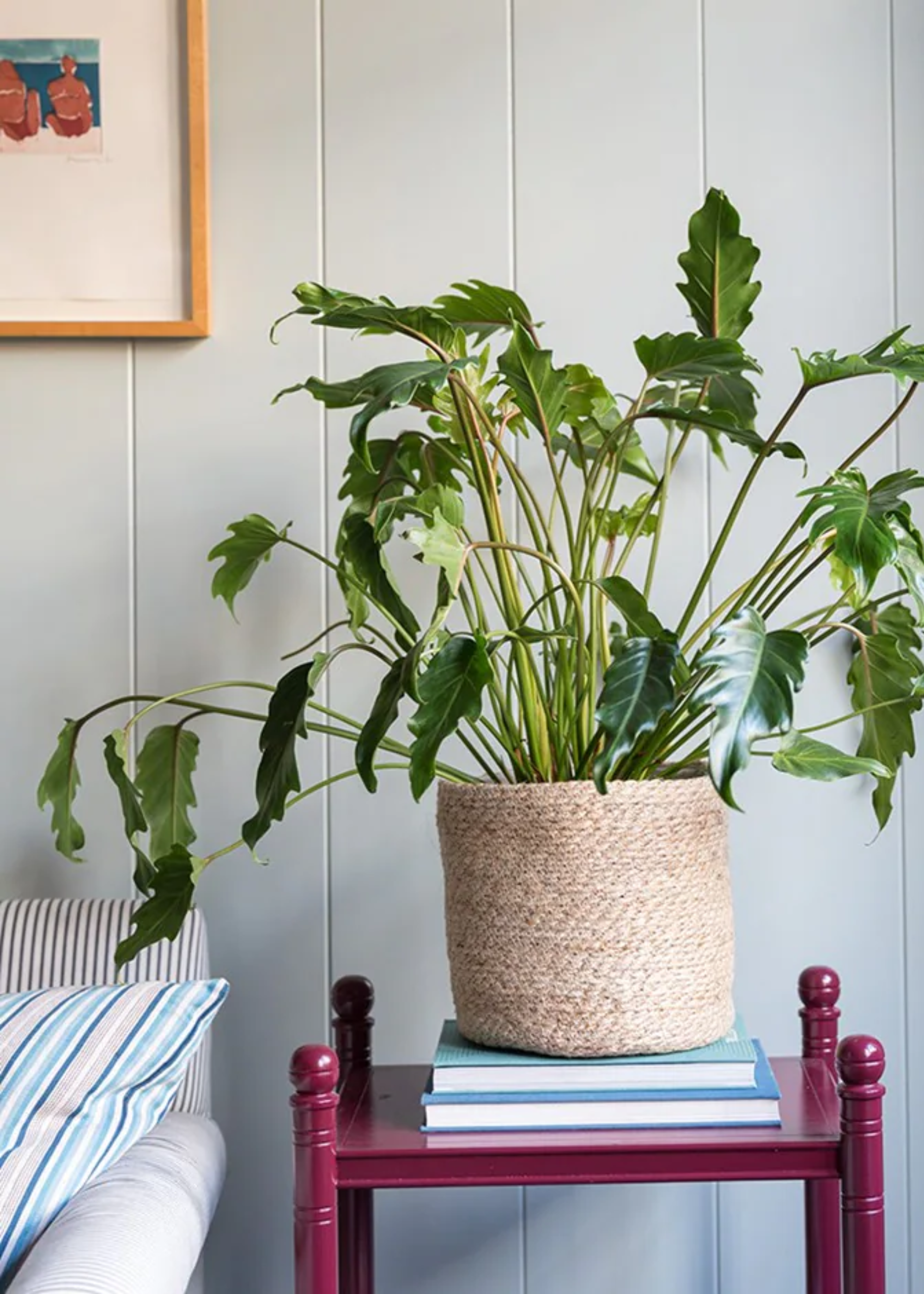
According to Marie, houseplants with hidden dangers, like dieffenbachia (dumb cane), oleander, or philodendron, may look beautiful but are toxic to children and pets.
"In Feng Shui, anything that carries danger, even subtly, creates instability in the home field. That underlying threat can echo as unease or conflict," she explains.
"I recommend growing a safe, edible indoor herb garden with basil, mint, or rosemary instead. Not only are they harmless, they also bring fragrance, nourishment, and abundance to the kitchen, turning your home into a living garden of prosperity."
This Sweet Basil Plant from Crocus, along with this Rosemary Plant, will set you up with the makings of a fragrant and delicious kitchen garden.
5. Cacti and Spiky Plants
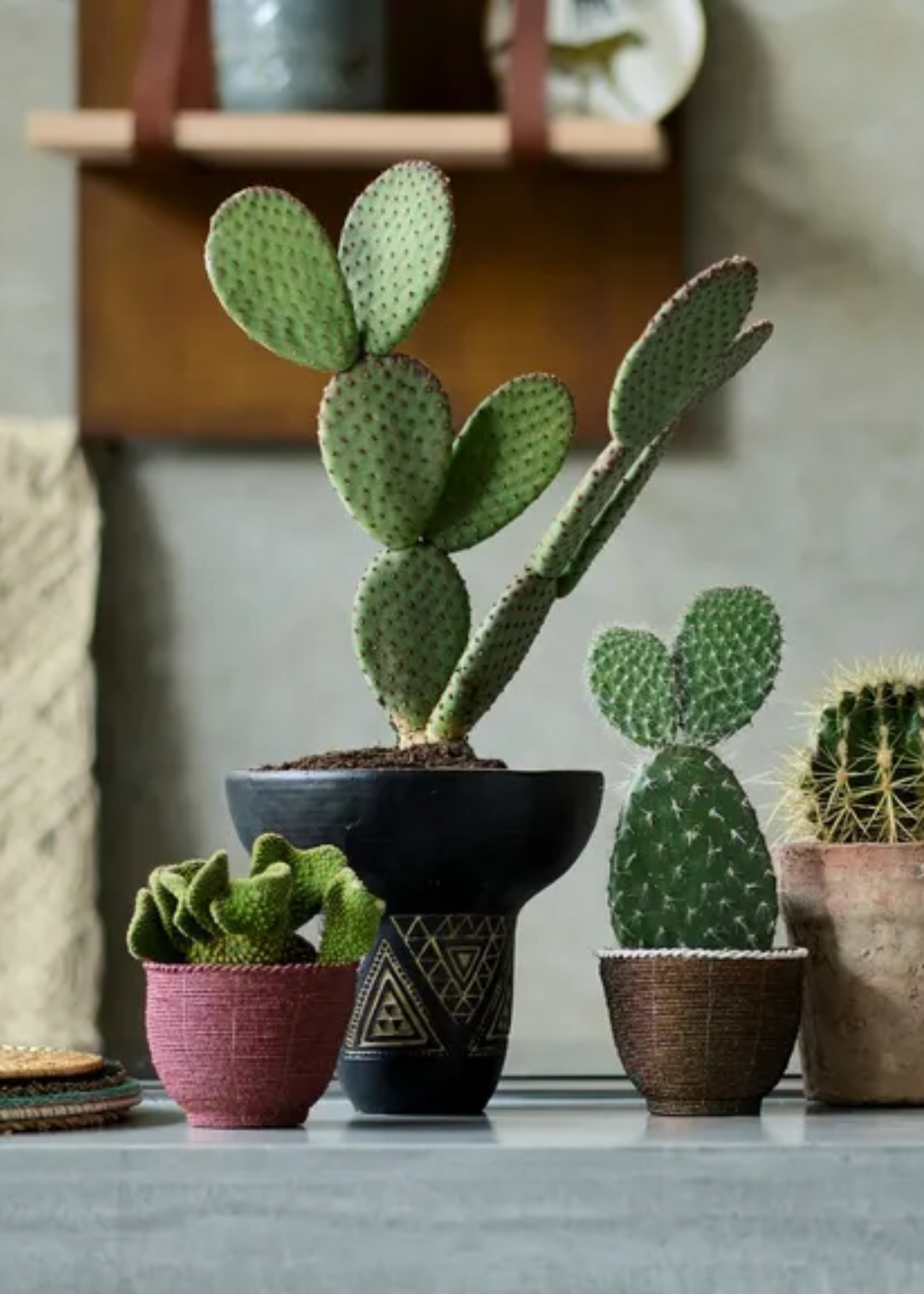
Marie also finds that cacti and other spiky varieties can be bad luck plants when placed indoors. She tells me that in Feng Shui, they radiate what’s called sha chi, or cutting energy.
"This energy can create an atmosphere of irritation, tension, or even conflict. Placing cacti or other spiky plants in living rooms or near entrances may subtly invite arguments or financial struggles into your space," she notes.
"Swap cacti for rounded succulents such as the jade plant. These Feng Shui houseplants feature plump, soft leaves that symbolize wealth, health, and steady growth without the sting."
My personal favorite succulents are this Jade Plant Crassula Ovata Minor from Plant In A Box and this ZZ Houseplant from Urban Outfitters.
Beautiful Planters for Your Indoor Garden
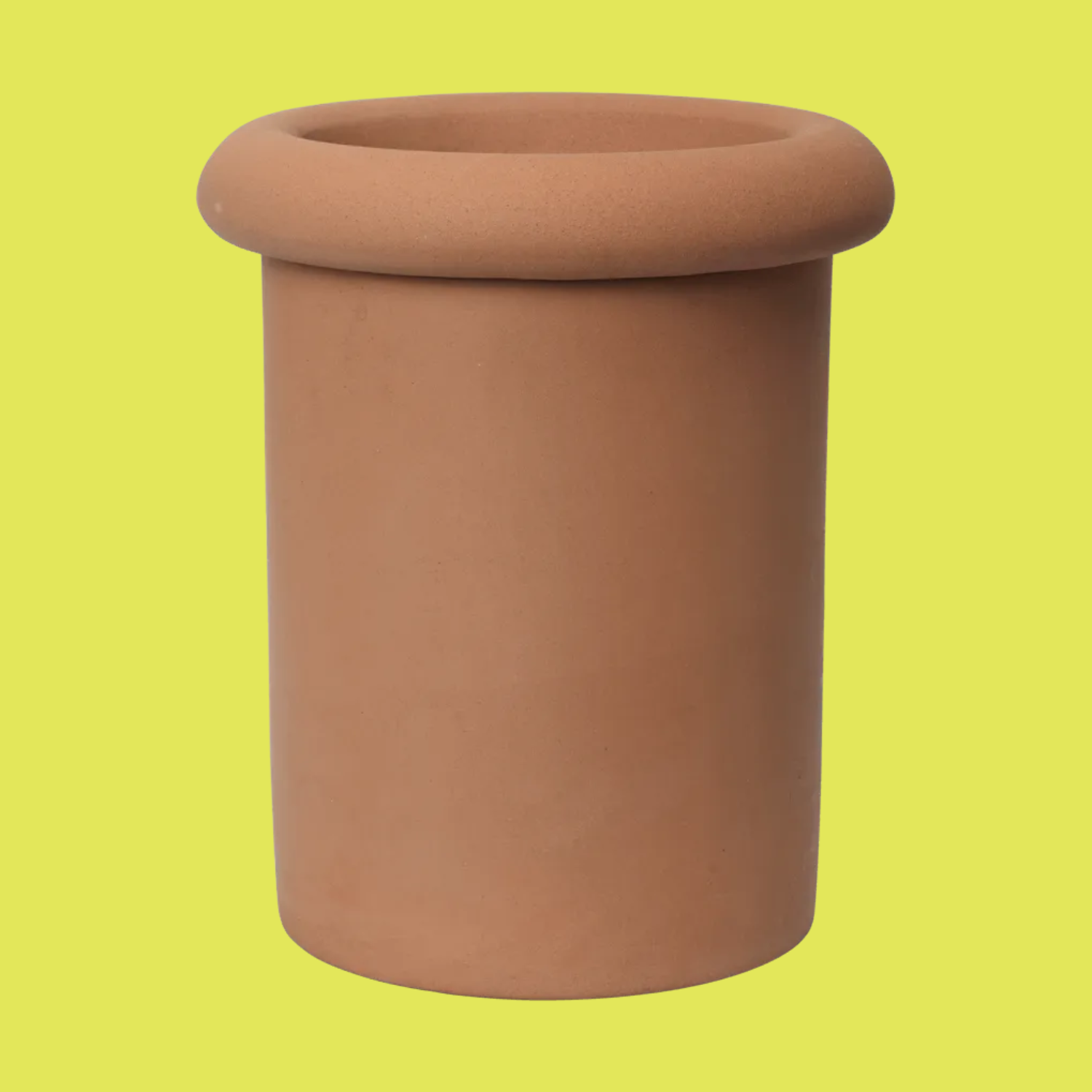
Color: Terracotta
Decorating with terracotta pots isn't just for your outdoor garden, and this Rollo Pot by Ferm Living is a beautiful way to bring the trend indoors.
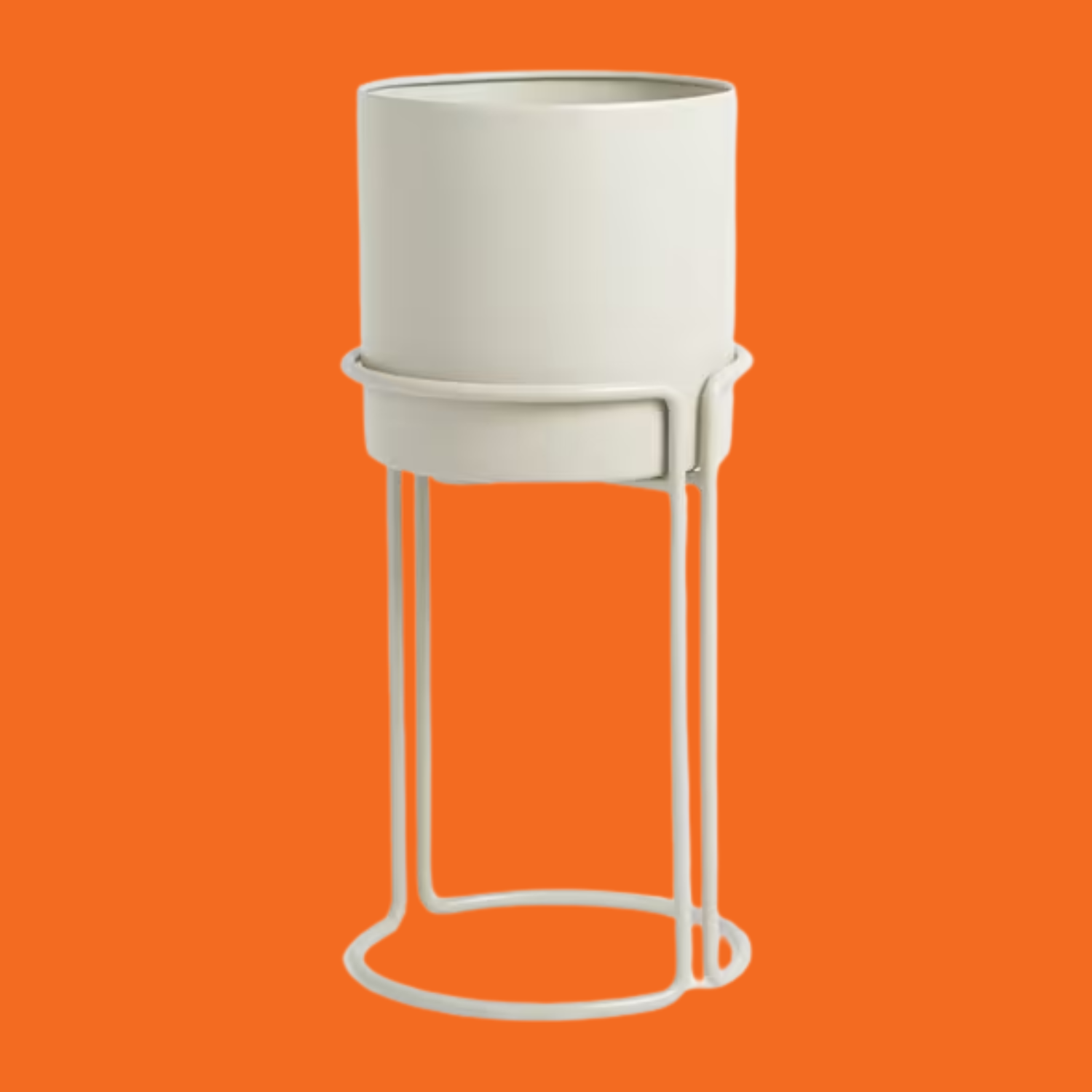
Color: Greige
This Small Indoor Floor Planter from John Lewis is an elevated take on a classic look, and it effortlessly ties into the plinths, pedestals, and plant stands trend.
Keeping on track, your best next step is to further the good energy by considering the color palette for painting your home. And our guide to positive colors is the dopamine-inducing inspiration your living space could benefit from.

Amiya is a Home Wellness Writer at Livingetc. She recently graduated with a Masters Degree in Magazine Journalism from City, University of London, and has lent her words to beauty, fashion, and health sections of lifestyle publications including Harper’s Bazaar and Women’s Health. Her experience as a research analyst has equipped her with an eye for emerging trends. When she’s off the clock, she can be found reading, listening to music, or overanalyzing her latest Co-Star update.
